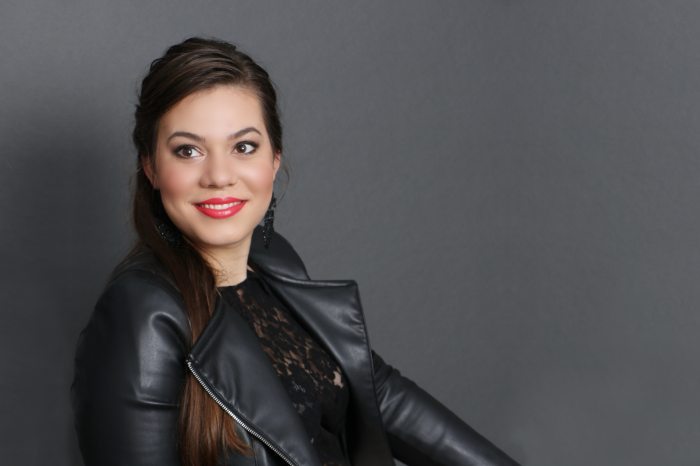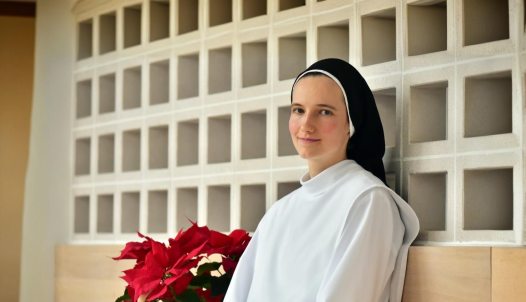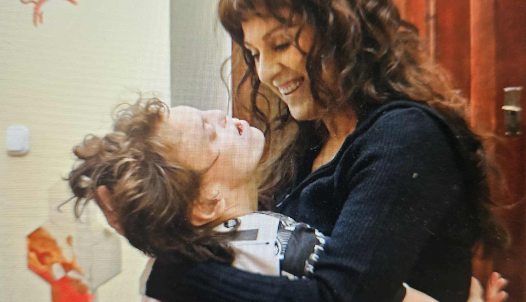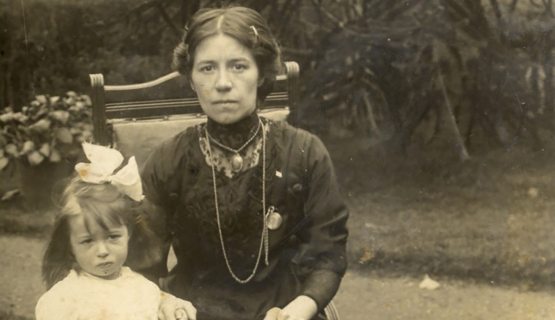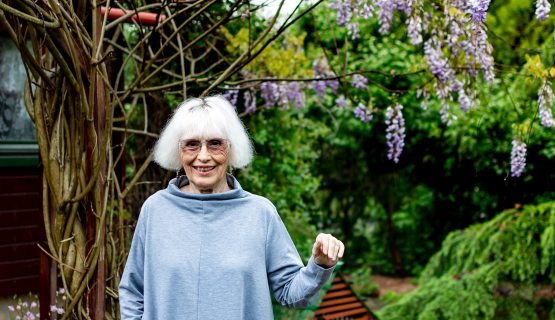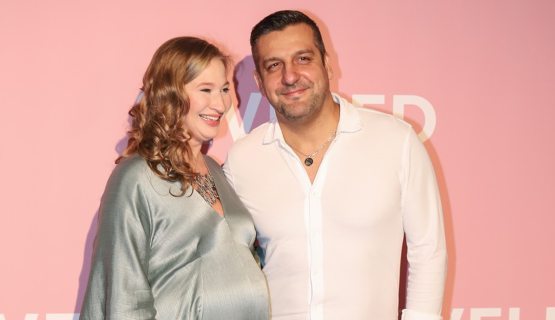„I don’t have a mascot, I have faith.” – Lilla Horti
Lilla Horti is energetic and a perfectionist. She is a true diva. She is grateful that her parents instilled a love of classical music and literature in her as a child, and that music captivated her heart. As a young adult, she trained in Spain and Hungary, graduated with honours from the Academy of Music, and has performed at numerous arias and gala evenings, as well as oratorios. We also asked the Junior Prima Prize-winning soprano about her roles, her role models, and a special tape.
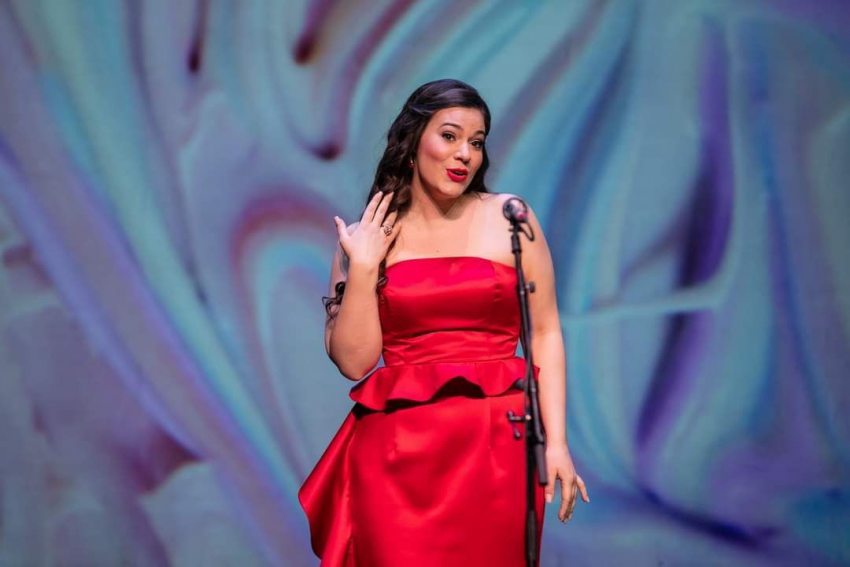
– In the hit film of the nineties, Pretty Woman, we learn that the first encounter with opera decides what happens next: you either love it or hate it. If you like it, you will always love it, if you don't, you may learn to appreciate it, but it will never get to your heart. What was your first "date" with opera like?
– Fascinating! My godmother was a schoolteacher in the countryside, who always had season tickets to the theatres and to the Hungarian State Opera. One day she couldn't make the trip, so I went instead, I was seven then, accompanied by a lady I didn't know. When we took our seats - in the middle of the front row - I was amazed. I was fascinated by the building and the atmosphere, and by the opera itself, the music, the playing. We were watching The Marriage of Figaro, and I must have had a very wistful look on my face, because the singer-actress playing the Countess looked out across the audience, and then looked back at me with her eyes rounded, and then remained so for the rest of the song.
By the way, what you said about Pretty Woman: in many cases, it is true that the first encounter with opera determines the later relationship with the genre, but you cannot generalize. If I take you to a performance that is great but far from your spiritual world, it may not find its way to your heart. As I remember, Edward, played by Richard Gere, took Vivien (Julia Roberts) to Traviata, and let's face it, with that opera is not hard to sweep someone off their feet at all, because it's full of heartfelt melodies, it's easy to relate to. It is not easy, however, to recommend a production to a novice opera-goer, who has to try out what style of music or directing they prefer. On the part of the audience, it requires active presence and openness, but on the other hand, sometimes one’s ears must be attuned to the music to understand it and to be affected by it.
– You grew up in a music-loving, singing-loving family in Csongrád. Have you never felt burdened by the fact that classical music was playing at home instead of pop?
– Come to think of it, it could have all gone wrong: I could have rebelled and defiantly chosen a different musical direction or no musical direction at all, but fortunately I didn't.
I'm grateful that my parents, especially my father - who worked as a teacher of Hungarian and Music, but also gave private lessons and taught at art school - instilled classical music and different styles of music in me. I sang in the small family choir from a very young age: with my father and sister, we regularly sang choral songs in churches and at all kinds of town events; I sang in summer music camps as a child and as a youth with the large choir in serious church works. I confess that I had a secret cassette tape when I was in lower school, on which one of my classmates recorded some pop songs I liked so that I could listen to popular music at home.
– I understand your doctor mother destined you for a career in law.
- Yes, but she saw how much I loved the flute and singing and how quickly I was improving at them. It was thanks to her parental support that after the art school in Csongrád I applied for the Szeged Conservatory of Music, majoring in flute. I continued my vocal training with Tímea Dulics, but one year as a flutist was enough for me to decide to finished my studies in classical singing with Tímea Zita Somogyvári. After graduating from high school, I was admitted to the Liszt Ferenc Academy of Music, where I continued my studies under Ingrid Kertesi and Emese Virág, and then Éva Marton.
– Mimi from La Boheme, Fiordiligi from Cosí fan tutte, Nedda from Bajazzo, Rosalinda from The Bat - just a few of the roles you have sung. Obviously you try to identify with each role to the full, but which character have you been able to identify with from the first time you've played them?
-It was definitely the Mimi of La Boheme. Of course, I identify with all the characters and all the roles are dear to me, but it was the one that I had been longing for for many years and which found its way to my heart at once. As it happened, as a fresh graduate I had to play two leading roles at the same time: I had to step into the role of Mimi at the Hungarian State Opera House, and sing Rosalinda in The Bat in Pécs.
It was a daunting and big task to do two jobs besides doing a teaching degree at university.
– In 2015, you studied with Éva Marton at the Opera Master's course and a year later you won the second prize in the international singing competition named after her. How would you summarize your work together?
– Éva Marton is a brilliant singer and performer, I learned a lot from her, I found the time we spent together not enough. We could work together very well, and I was happy that a master with very high expectations and high standards inspired me to keep working and improving. She helped me a lot in terms of vocal technique, dramaturgy and acting. She has excellent insight, great musical, theatrical and dramaturgical sense. Once she came in to one of my rehearsals with Katalin Kokas and Emese Virág, we were performing a contemporary piece that night. It was the first time she heard our performance and the piece, but she gave us instructions that made our performance so much better. I was often her last student. She had hardly eaten, hardly drunk, was visibly tired, but she was still able to give a fantastic performance of an incredibly difficult phrase, sitting and without warm up. At those times I always wondered when I would reach that level.
– Do you consider yourself a perfectionist?
– Absolutely! I am always dissatisfied, and wish to follow in the footsteps of ideals such as Eva Marton, Monserrat Caballé or Maria Callas. My goal is to give people heartfelt and quality value with all my performances. We are artists of the moment, so it's natural that the voice doesn't always sound the same, and sometimes the tongue can slip during a performance. It happened to me as it did to some of the greatest artists of our time or the past. It used to bother me terribly at first, but some time ago I learned to beat myself up only that night and let it go the next day.
My body is my musical instrument, and my voice is an extremely sensitive, intangible instrument, and I have to enchant the audience with it night after night, finding the right tools and the right form to it.
I accept that it changes from year to year, that it needs constant work, and that on some days it obeys me easier, than on others.
– The world-famous tenor Luciano Pavarotti always had a certain white handkerchief in his hands when he performed - a mascot. Do you also have a mascot or a ritual that you like to use before a performance?
– I don't have a mascot, I have faith. Prayer is what calms me and helps me: to be able to be by myself before I go on stage and put all my burdens and all my worries in God's hands. I know that I am doing my best, but I ask Him to give me serenity, strength and peace, and to help me with what I no longer have control over.
